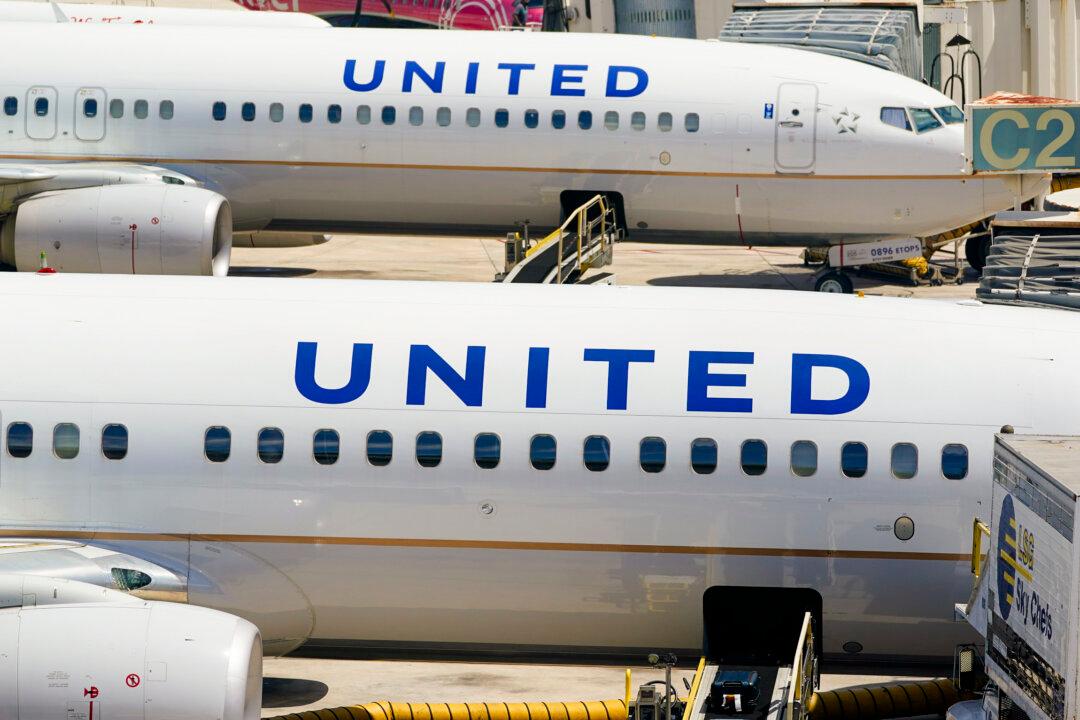American carriers United Airlines and Delta Airlines announced separately on July 31 that they have temporarily suspended flights to Tel Aviv in Israel due to the current security situation in the Middle East.
In an update on its official website, Delta Airlines said it is pausing flights between New York’s John F. Kennedy International Airport (JFK) and Tel Aviv through at least Aug. 2 due to “ongoing conflict” in the region.




